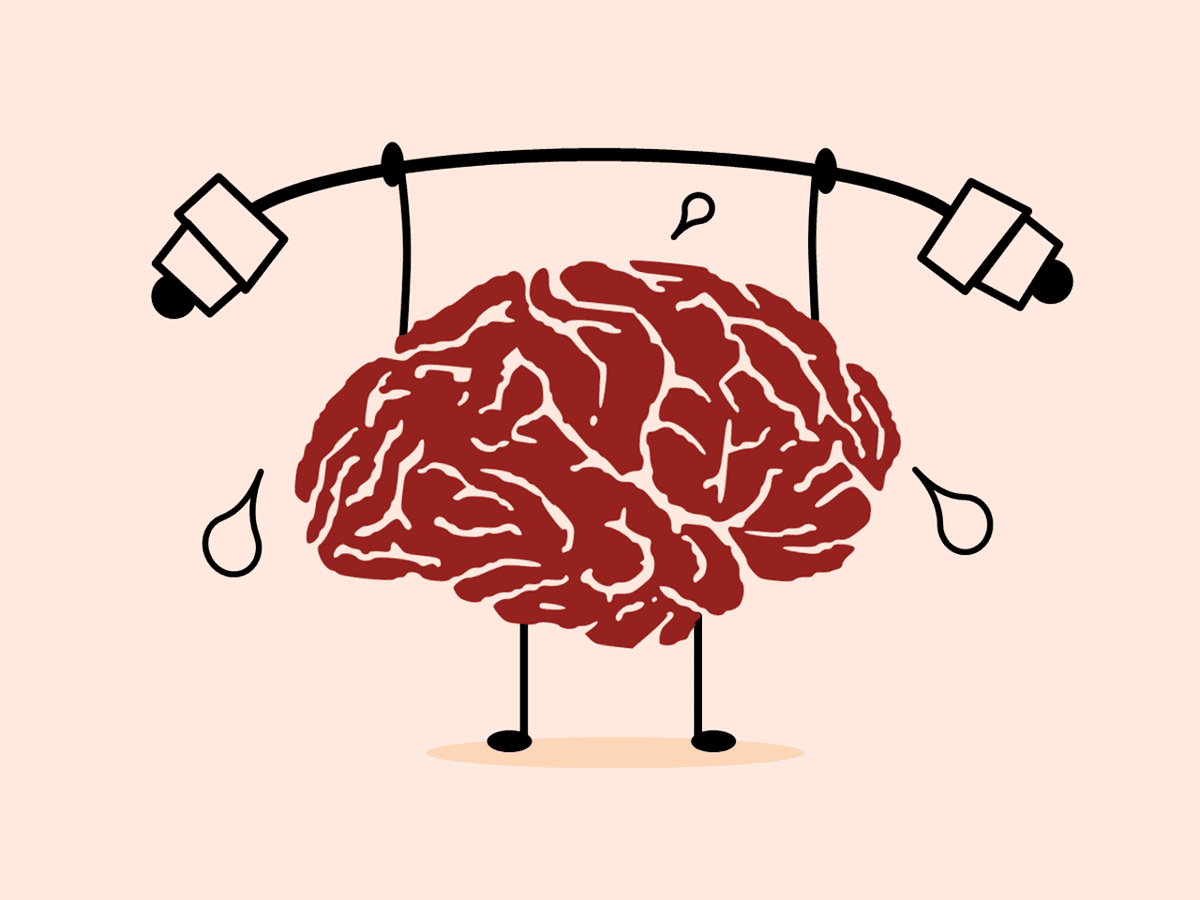Inpatient Mental Wellness Solutions: A Course to Healing and Security
Inpatient mental health solutions play a crucial duty in addressing intense psychological situations, using a meticulously organized atmosphere that promotes recovery and stability. These services not just include thorough assessments and personalized therapy strategies yet likewise offer continuous access to healing interventions and clinical support. The relevance of this technique expands beyond prompt alleviation, suggesting a transformative effect on long-term mental health. However, the complexities of the admission procedure and the relevance of aftercare raising essential concerns regarding access and effectiveness in the wider context of mental healthcare. What effects might these aspects have for individuals seeking aid?
Understanding Inpatient Mental Health And Wellness Solutions
Inpatient mental wellness solutions are essential for providing extensive and organized like people experiencing serious mental distress or mental disorder. These solutions commonly include the admission of individuals to specialized centers where they obtain round-the-clock guidance and support from a multidisciplinary team of mental health and wellness experts. The key objective of inpatient treatment is to maintain people, guaranteeing their safety and resolving severe symptoms that might pose a danger to themselves or others.
Inpatient programs frequently include an array of healing treatments, including individual and group treatment, medication monitoring, and psychoeducation. The organized atmosphere is developed to advertise recovery by using a regular regimen, minimizing external stressors, and promoting the growth of dealing methods.
Admission to inpatient services is generally taken into consideration when outpatient treatment alternatives have shown insufficient or when an individual is in dilemma. Facilities might differ in regards to their specific emphasis, with some specializing in specific problems such as anxiousness, depression, or substance usage. Through detailed assessments and customized therapy strategies, inpatient mental health and wellness solutions intend to give the required assistance for individuals to reclaim security and plan for a transition to less extensive degrees of treatment.
Benefits of Inpatient Treatment
The benefits of inpatient treatment are significant, specifically for individuals facing acute psychological health difficulties. Inpatient treatment offers a structured environment that cultivates healing by minimizing stress factors and interruptions connected with life. This regulated setup enables individuals to focus only on their psychological health, promoting the necessary time for recovery.
Furthermore, inpatient care offers 24/7 accessibility to restorative and medical assistance. This continuous accessibility makes certain that individuals can get prompt interest throughout crises, which is vital for those experiencing serious episodes - Inpatient Mental Health Program. The collaborative approach among clinical staff, including registered nurses, specialists, and psychoanalysts, improves the quality of treatment and advertises a detailed treatment plan customized to private demands
Additionally, the common element of inpatient care promotes a feeling of belonging and support amongst clients. Team therapy sessions and shared experiences can minimize sensations of seclusion, motivating individuals to take part in their recuperation actively.
In addition, inpatient programs frequently give people with essential coping strategies and abilities that can be challenging to establish in outpatient settings. By attending to underlying issues within an encouraging framework, inpatient care can result in extra secure outcomes and a smoother transition back to daily life, inevitably paving the course to continual healing.
Treatment Strategies and Therapies
Different treatment methods and therapies are utilized in inpatient mental wellness services to resolve the unique demands of each client. These approaches are designed to promote recuperation and advertise emotional security in a structured atmosphere.

Cognitive Behavior Modification (CBT) is a widely used strategy, aiding individuals in identifying and changing negative thought patterns that add to their mental health and wellness problems - mental health services. Dialectical Behavior Modification (DBT) is another efficient technique, particularly for those with borderline individuality problem, concentrating on emotional guideline and social efficiency
Pharmacotherapy plays a crucial role in therapy, with psychological drugs prescribed to take care of signs of conditions such as schizophrenia, stress and anxiety, and depression. Routine surveillance and modifications make sure the efficiency of these medicines while lessening negative effects.
Team treatment fosters a feeling of area and support among patients, enabling them to share experiences and dealing techniques. Additionally, holistic therapies, such as art and songs treatment, advertise self-expression and emotional recovery.
Ultimately, the mix of these varied healing methods gives a comprehensive therapy plan customized per person's certain needs, aiming to boost their total wellness and facilitate a successful change back right into day-to-day life.
The Admission Process
Navigating the admission process for psychological wellness solutions is a critical primary step towards healing. This procedure typically begins with an assessment conducted by a mental health professional. Throughout this analysis, the person's mental wellness background, symptoms, and prompt demands are extensively checked out. This thorough analysis helps determine the suitable level of care and makes sure that the patient receives tailored treatment.
When the analysis is completed, the next step entails reviewing the potential therapy choices. The individual and the therapy team collaboratively select the most effective course of activity, which might include inpatient treatment if the circumstance is deemed serious. This content is followed by the conclusion of required documentation, consisting of insurance coverage verification and consent kinds, to make certain that all lawful and monetary elements are attended to.
In addition, household involvement might be urged throughout this stage to provide assistance and collect viewpoints on the individual's scenario. Eventually, the admission procedure intends to produce a helpful and secure environment for the individual, enabling for a smooth change into inpatient treatment. By taking part and recognizing in this procedure, people can take an important step towards accomplishing psychological health stability and healing.

Aftercare and Ongoing Assistance
After finishing an inpatient mental health program, people typically encounter the essential job of transitioning to aftercare and continuous support, which are essential for sustained recuperation. This stage is critical for reinforcing the abilities and coping devices learned during the inpatient stay, making sure that individuals continue to proceed in their psychological health journey.
Aftercare typically includes a mix of outpatient treatment sessions, support system, and medicine administration. Taking part in normal treatment enables people to address recurring obstacles and develop strategies to deal with stress factors in their every day lives. Support system offer a feeling of community and common experience, promoting connection and understanding among peers dealing with similar battles.
Additionally, ongoing support might consist of household involvement, where loved ones are recommended you read enlightened regarding psychological wellness issues and urged to join the recovery process. This all natural method creates a robust support network, boosting the person's chances of lasting stability.
Inevitably, aftercare and continuous assistance work as a bridge in between inpatient treatment and independent living, encouraging people to navigate their mental health and wellness challenges with resilience and self-confidence. Focusing on these resources is vital for fostering a lasting recovery trajectory.
Conclusion

Inpatient mental health services play a vital function in addressing acute emotional situations, providing a carefully structured atmosphere that promotes healing and stability.Inpatient mental health services are necessary for he said giving intensive and structured treatment to individuals experiencing severe psychological distress or mental disease. Through thorough assessments and tailored treatment strategies, inpatient mental wellness solutions intend to provide the required assistance for individuals to reclaim stability and prepare for a change to less extensive levels of treatment.
